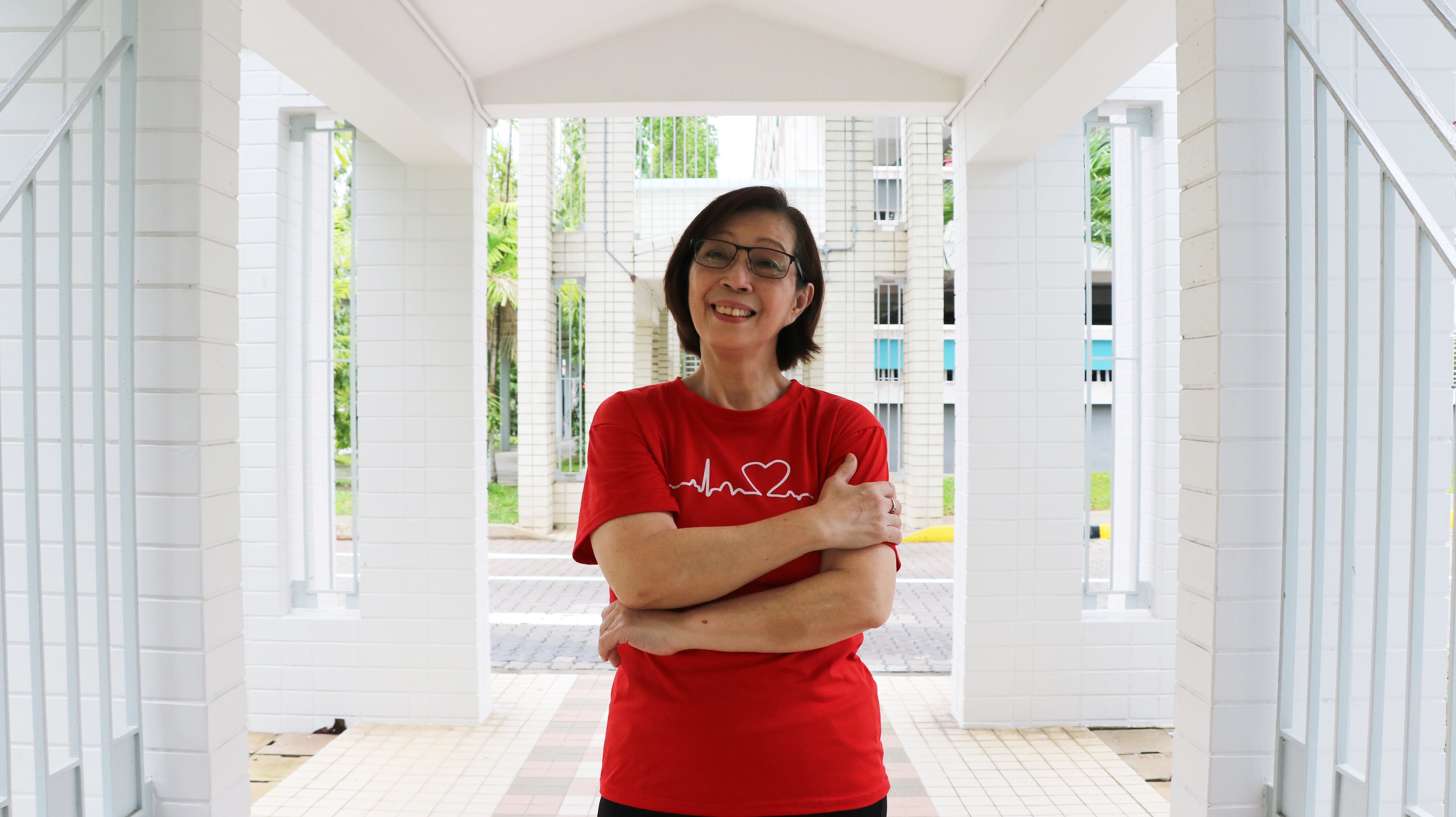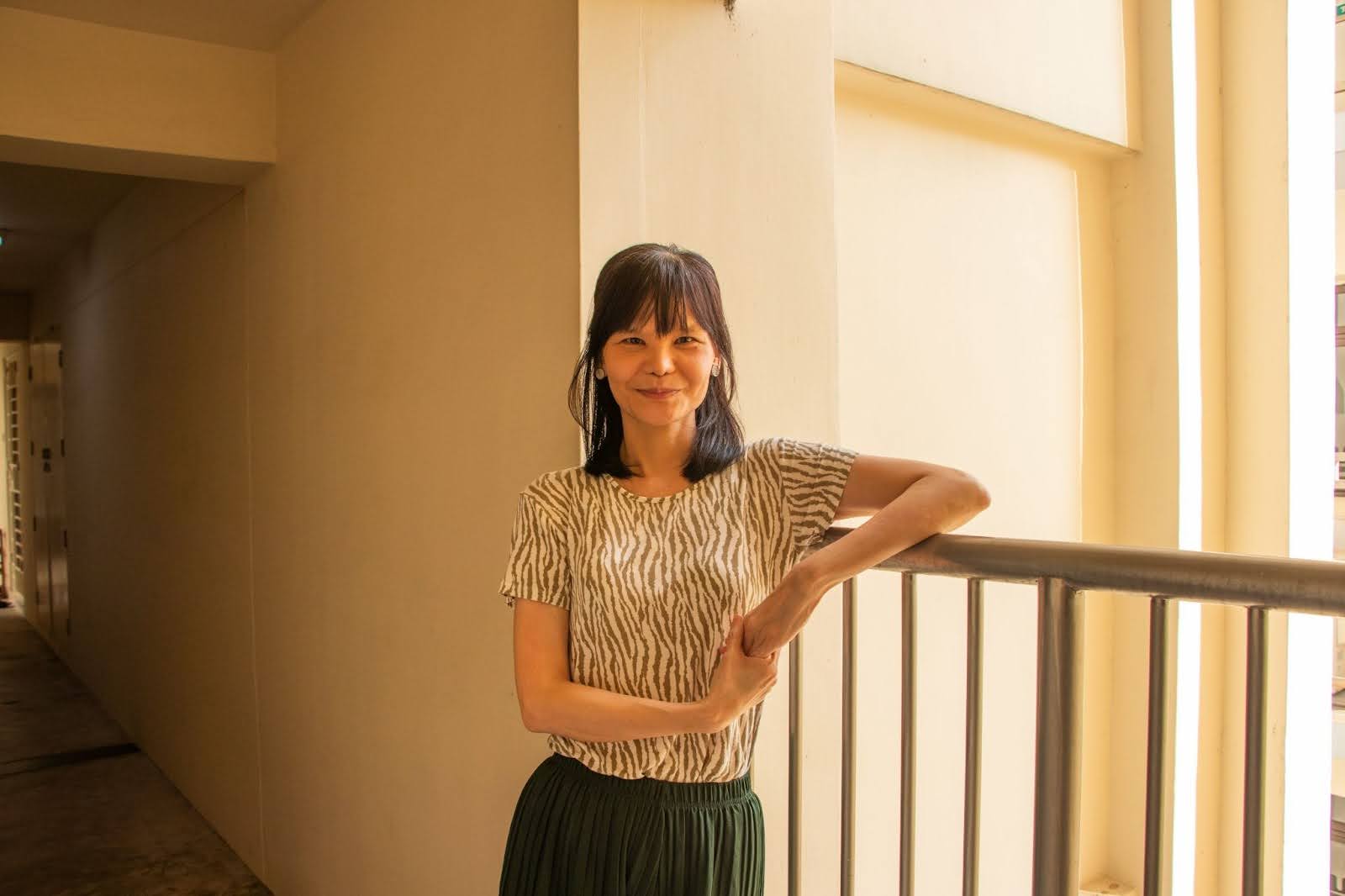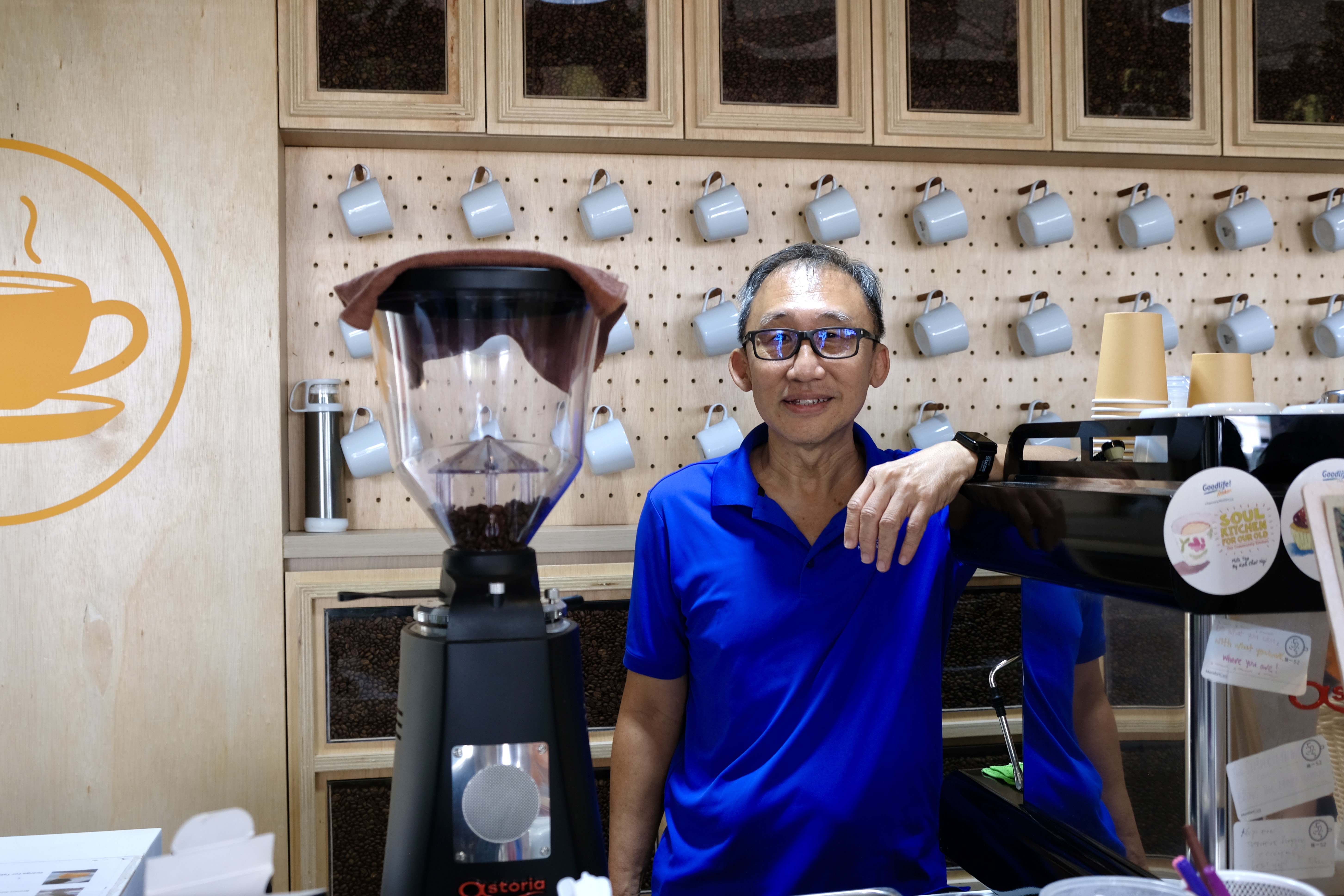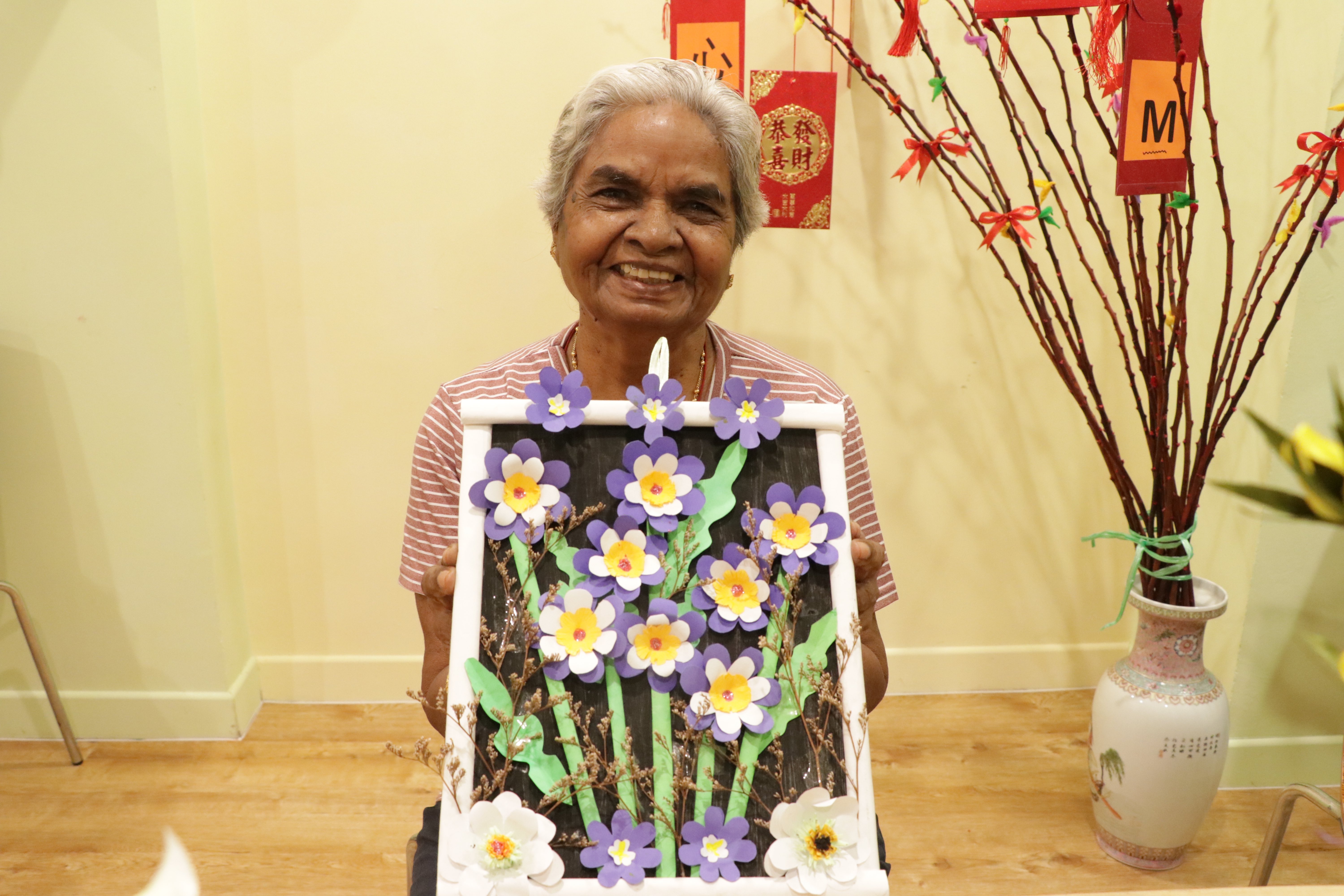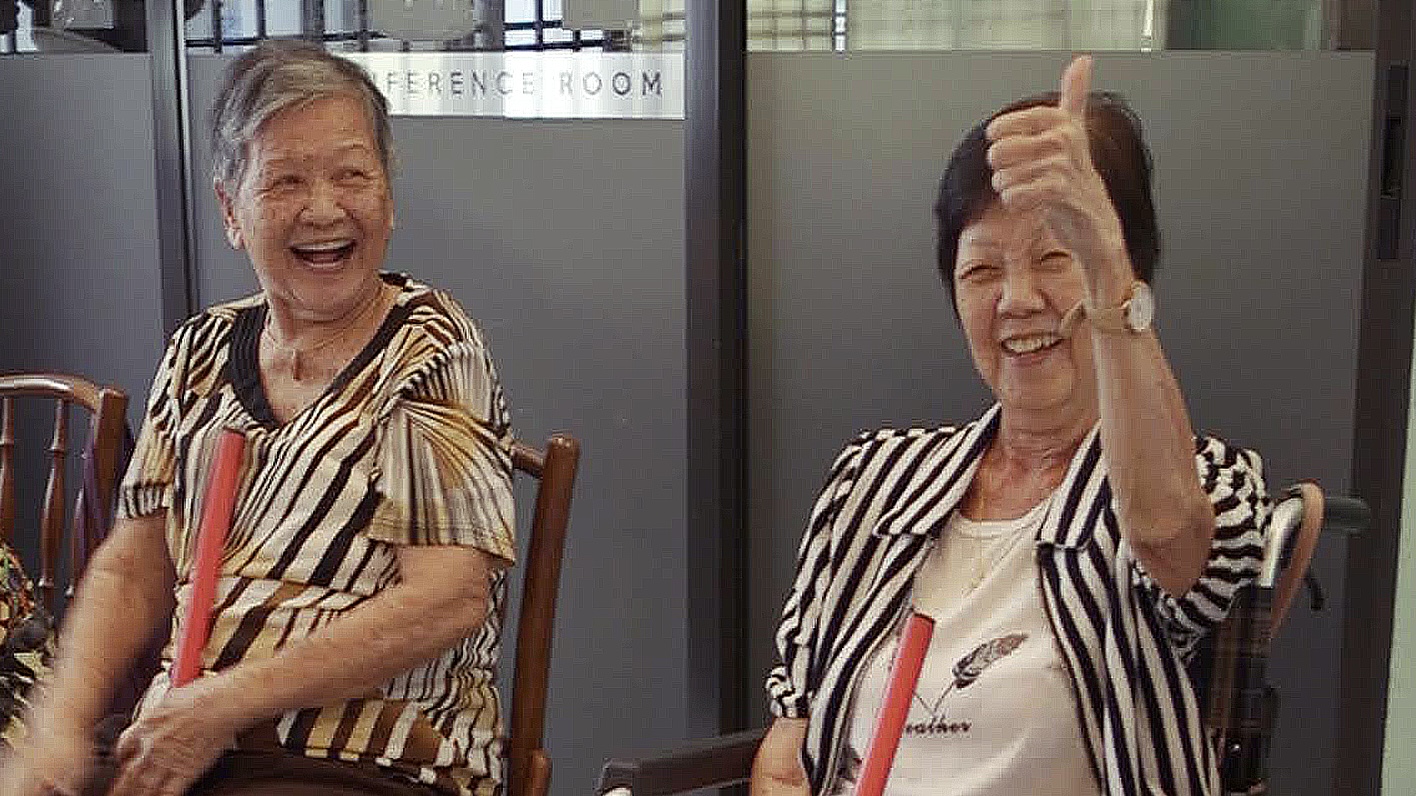Some people are just born doers and trailblazers. Take 79-year-old Evelyn Eng-Lim, for example. After more than two decades of running one of Singapore’s first organic farms before it closed down two years ago, one would think that she’d be happy enough to sit back and enjoy the fruits of her labour. But no. These days, this active senior keeps herself busy in her community, planting seedlings around her home, and teaching her neighbours how to grow plants and vegetables, why healthy soil is important, and why growing our food is better for our health, the environment and the community in general.
Knowing where her food came from and how they are grown has always been important to Evelyn — this was why she started her farm and why she continues to cultivate plants and vegetables, and teach people the value of growing them.
“I wanted to live a holistic lifestyle. I wanted to live in a place where I can breathe in fresh air, and I can see the birds and the butterflies and all that and grow food in a way that doesn't contaminate the body at all with chemicals.”
This more holistic approach to living and a sense of community is what fuels her passion for nature and her belief that growing our food should involve the community.
“Having a sense of community is so important,” she says. “People thrive best in a community. We should grow food in the presence of a community. Plants are also healthier if grown in a community — a community of other plants and microbes underground — all these are important and interconnected.”
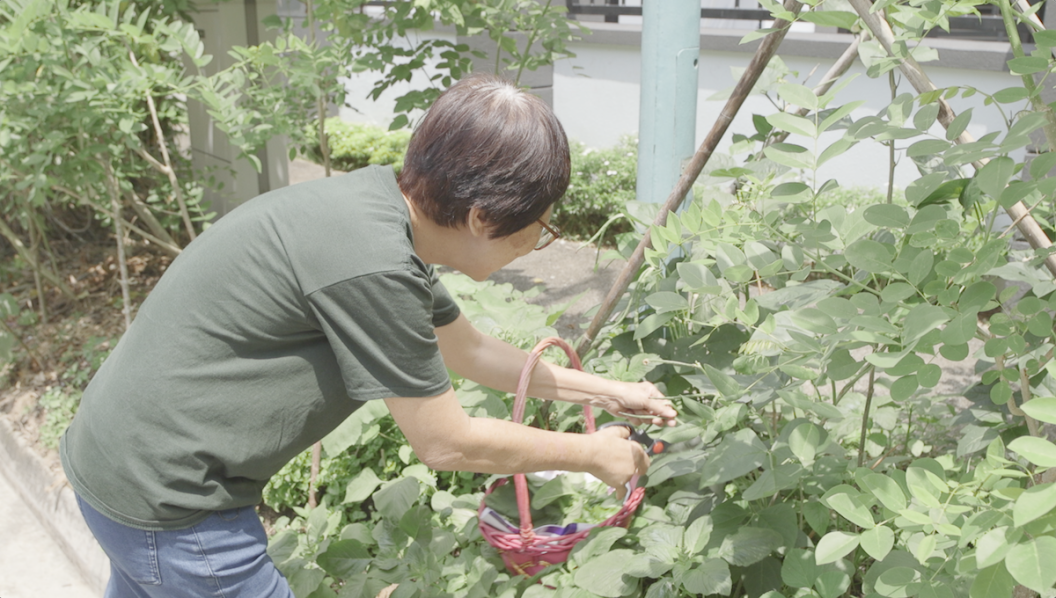
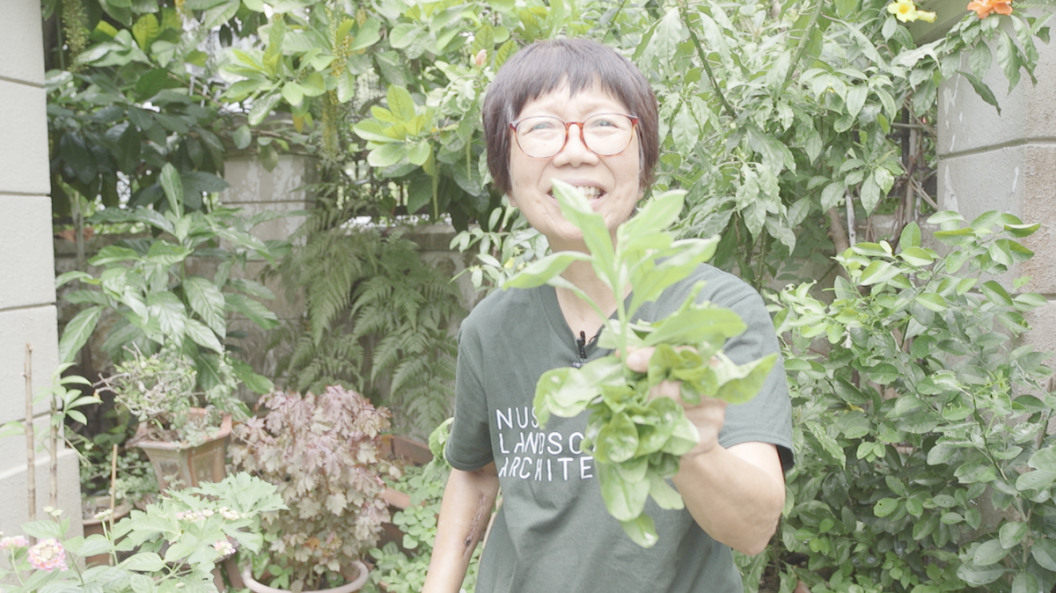
How it started
This interconnectedness of nature and people has been something that Evelyn has been aware of her whole life. She grew up in Upper Serangoon in the 1950s, where she enjoyed climbing rambutan trees and being among nature. “I’ve always loved nature. This is something that I got from my parents.” As a young girl, her parents would treat minor ailments with medicinal herbs that they foraged in nature. This sparked her interest in studying the value of weeds and the plants in their garden, nurtured her love for the outdoors, and planted the idea of being more environmentally conscious.
But how did she take the leap from becoming an ecologically conscious person to being a full-fledged farmer running an organic farm? Evelyn’s journey was marked by several key events in her life. The first, serendipitously picking up the book Silent Spring that introduced her to her calling, and the second, volunteering with the Malayan Society, where organising nature tours eventually fueled in her an urge to do more.
Evelyn was enthralled with being a volunteer. “I love the outdoors, and we were climbing hills and all that.” But she soon realised that this wasn’t enough. “The speed of development in Singapore was so fast that we were losing large swathes of nature areas even then. We needed to make people become more aware of how development was affecting nature.” Evelyn and a few volunteers formed a non-government organisation in Singapore. “I became a full-time volunteer because I was the only one who wasn’t working.”
She still felt like she could take it a step further. “This was around 1997 and I was feeling the need to do something for myself.” A newspaper article sparked an idea that would eventually become Green Circle Eco-Farm.
“I was reading in the papers that another consignment of vegetables was rejected by the authorities because it contained more than the maximum allowable limit of pesticides. And I thought, ‘I’m eating these vegetables. How can I let other people control my health?’ I have dabbled a bit in planting my own corner at home, but I decided I should do more because I was still buying vegetables from the market. At that time, no one was selling fresh organic produce.”
Having a farm became the next step. “I enquired and found that I could actually tender for land and become a farmer.”
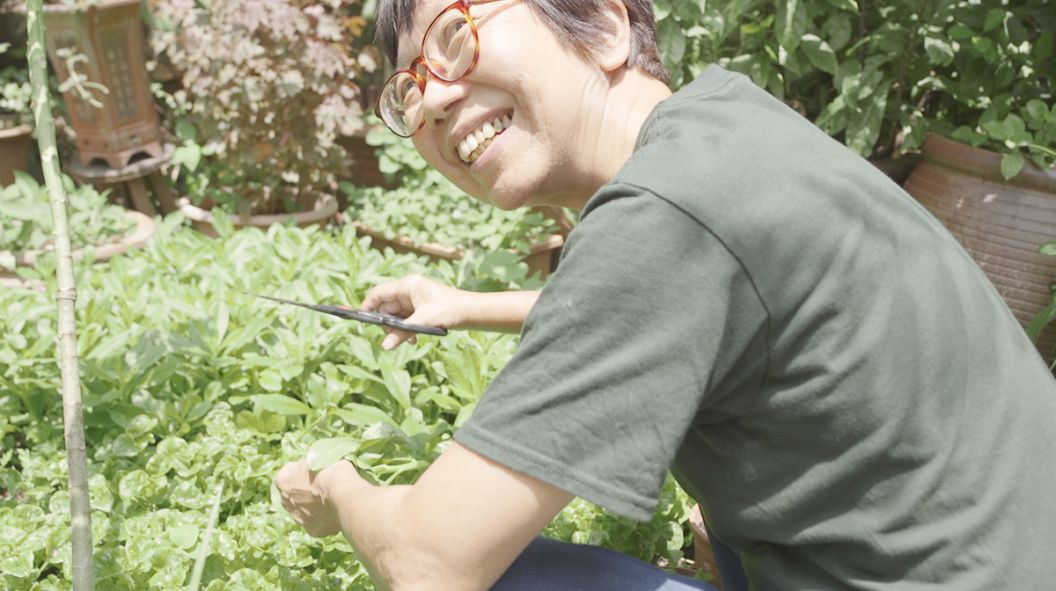
From a seed of an idea to a full-fledged farm
Establishing a farm wasn’t easy, especially for someone who didn’t have any background in farming. “I had no experience at all — I just went for it.” It wasn’t that she wasn’t aware of the work that she needed to do. “I had read a lot of books. And it took two years for the tender to be issued by authorities, so we at least had time to do some preparation.”
Evelyn viewed establishing Green Circle Eco-Farm as a challenge — one that required some creative thinking. “I would go to Hong Kong and Malaysia to see how people did organic farming and most of them did not make a profit from it. But they would supplement it with educational tours. So I decided to do that as well. I just learned along the way,” she recalls. But what really made her want to do it was that she could stay in the farm and be able to be up close with the work — and it was a lot of hard work.
Green Circle Eco-Farm was on 2.2 hectares of land and produced over 120 varieties of perennial vegetables, flowers and herbs — but that was when it was already established. To get it to that level took two decades and a lot of hard work.
Ever the trailblazer, Evelyn chose a more unconventional route to farming: She established a food forest, which essentially let nature have a say in how the farm was structured. “People in Singapore are so used to landscapes, but mine was a more natural approach. To me, the soil is the most important. We needed to put in a lot of organic matter, so we did a lot of composting. We allowed weeds to grow.” Her approach was to build up the ecology of the soil, and make it healthy by having a biodiversity of plants. “The biodiversity of the plants attracted more wildlife and animal life; more microbes. So diversity above and below ground is very important to me.”
Partly because it was easier and because it hewed to her eco-conscious ethos, she employed companion planting, cultivating plants that can grow side by side. This allowed her and her workers to concentrate on other tasks that would otherwise be spent in rotating crops and plantings for different periods of the year. The farm also grew perennial vegetables, which, because they grew year-round and suited Singapore’s climate, required less care and attention than plants that are seasonal.
But it was changing the mindsets of people that proved to be a tough challenge for Evelyn. “People would complain that organic vegetables were more expensive, but they didn’t think twice about spending over a hundred dollars for a bouquet of flowers. Or they’d spend a lot on cars, but spending on vegetables and fruits for their own body is too expensive. The values are skewed. We have become so urbanised that we don’t understand the relationship between ourselves and nature — and how nature provides food for us.”
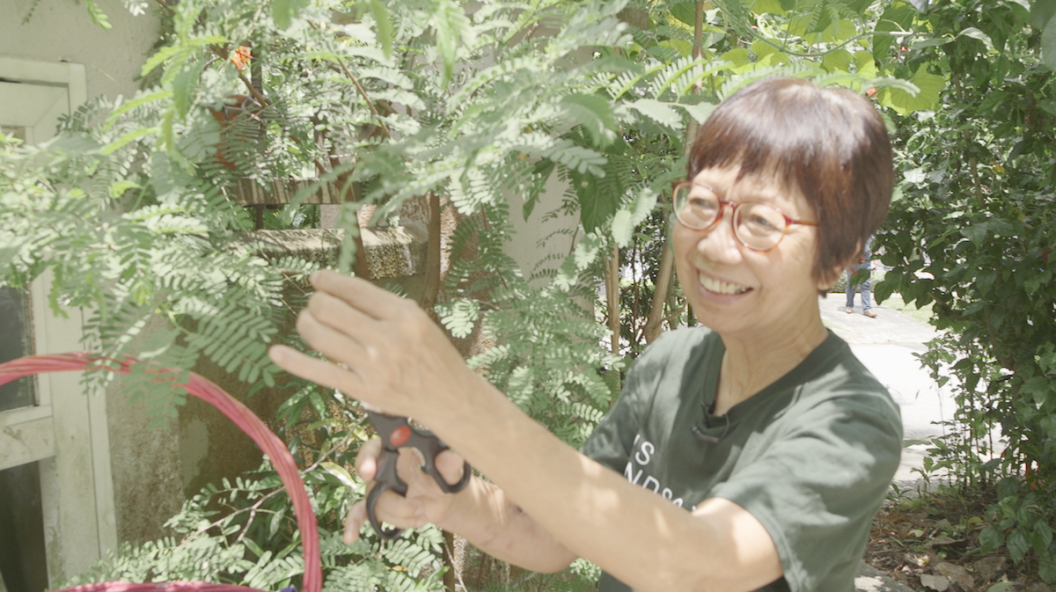
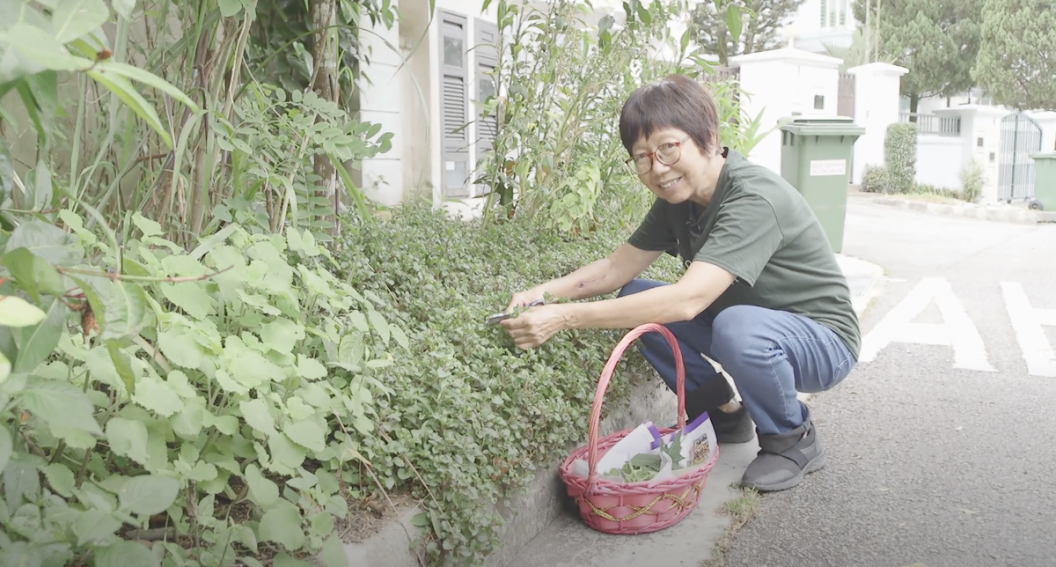
Harvesting the fruits of her labour
Two years ago, Evelyn’s lease on the land was up and she was ordered to close the farm – a decision that Evelyn tried to fight, but was unsuccessful.
While Evelyn mourns the loss of her Green Circle Eco-Farm, she’s not one to dwell on the past. She has her eyes towards the future. These days, she fills her time by establishing a mini-food forest around her house. “I have a flourishing food forest here. It's not quite the same as the farm, but I am talking to neighbours and organising some plantings around the neighbourhood.” Her days are spent making sure her seedlings are planted. She gets up early in the morning to see to the plants and putter around the house. “I don’t have a helper, so I do everything on my own. Sometimes I go out and harvest what I have. And when I’m doing this, I become more conscious of the relationship between what I grew and how they are growing.” She also finds that the movement involved in her gardening work is beneficial for the recovery of her recent arm surgery. She also consults with other people and organisations who want to do what she did — establish food forests. “This keeps me going, keeps me busy. I get to meet and mix with young people. That’s quite important. It makes me young. We need a community of people of different ages, backgrounds and occupations to be successful.”
Evelyn’s work has come full circle in a way. “Nature has always been my mentor. It kept me going on the right path. But now, I’m learning that there are many who are also going into natural farming, establishing food forests. Then I know, I’ve been on the right path — when other people are walking with you as well.”



